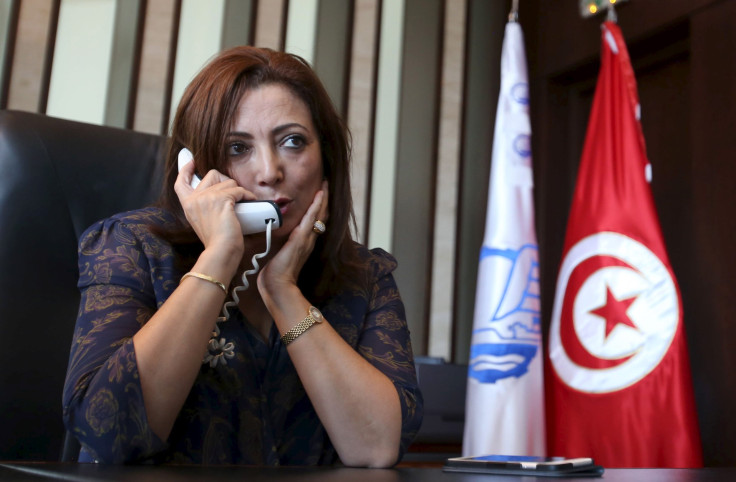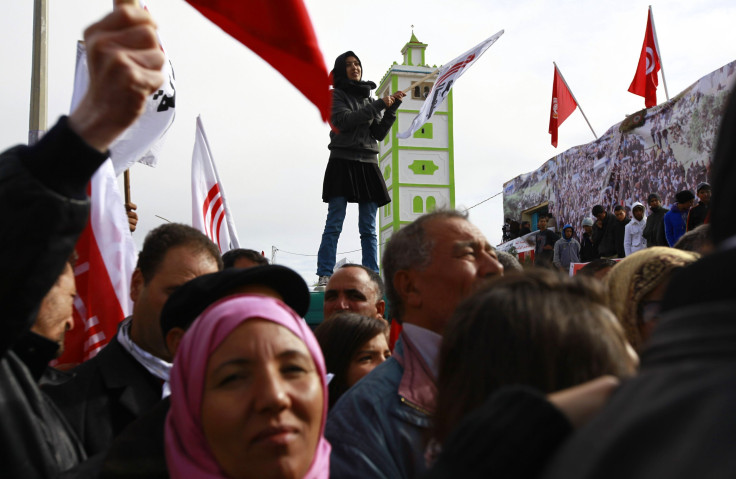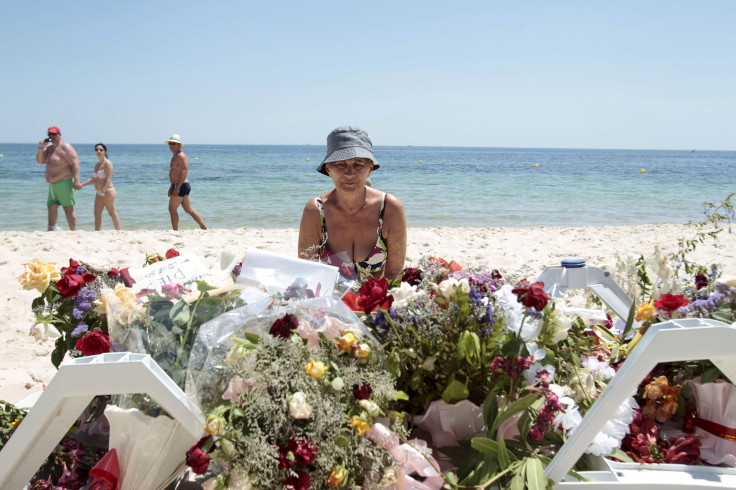What Is The Tunisian National Dialogue Quartet? 2015 Nobel Peace Prize Winner Seen As Vote Of Encouragement, But Also Misguided

When the Nobel Peace Prize committee awarded its 2015 prize to the Tunisian national dialogue quartet Friday, the global reaction could be described in a word: Who? Few in the international community had heard of the groups that had made a “decisive contribution to the building of a pluralistic democracy in Tunisia,” in the words of the Nobel Committee.
Tunisians proudly cheered the decision, saying it would help bring the world’s attention back to Tunisia, a country whose transition from authoritarian rule to democracy has arguably been the most successful of all its neighbors, yet which still has a ways to go. The Nobel Committee said it hoped the award would serve as an inspiration. “More than anything, the prize is intended as an encouragement to the Tunisian people,” it said.
“It is a reminder that we have to persevere,” Lina Ben Mhenni, a blogger and a human rights activist in Tunis, said. Twice so far this year, terrorists have attacked and killed tourists in Tunisia, hurting the tourism sector that is vital to an already ailing economy, and allegations of human rights abuses are ongoing. “The country is going through hard times,” she said.
For critics, however, the decision reflected just how far the awarding of the prize has strayed from the original intentions of its founder, Alfred Nobel. The Nobel Peace Prize was not meant to reward national or even regional achievements, Fredrik Heffermehl, the author of "The Nobel Peace Prize: What Nobel Really Wanted", said. Rather, Nobel sought to reward efforts that strove for global demilitarization and disarmament, Heffermehl said.
Awarding this year’s prize to the Tunisian quartet was “fine, perhaps helpful in a troubled region,” Heffermehl said, but it barely scratched the surface of the global peace that Nobel envisioned. “A very common question is, 'Shouldn’t the prize follow the times?'” he said. “Yes, but Nobel was a visionary, and he saw the core of the problem: to get rid of militarism, armaments, arms races.”
Staving Off Civil War
In January 2011, President Zine el-Abidine Ben Ali fled Tunisia after nearly a month of popular protests. That October, the Islamist party Ennahda won the elections for a constituent assembly charged with rewriting Tunisia’s constitution and forming a transitional government. But opposition to Ennahda mounted, such as in August 2012 when a draft of the constitution said women were “complementary to men.” Clashes and protests continued as liberal groups accused the party of tolerating extremist and fundamentalist views.
Then, in the first half of 2013, two of Tunisia’s top liberal politicians were assassinated. The prime minister resigned in the wake of backlash against the government after the death of the first, in February. After the assassination of the second in July, opposition groups demanded the resignation of the Ennahda-led government and dissolution of the constituent assembly. The government refused.

That's when a quartet comprised of the General Union of Tunisian Workers (the largest labor organization in the country), the Trade and Handicrafts Union, the Tunisian League for Human Rights and the National Bar Association stepped in.
The quartet proposed a plan to create a new technocratic government and keep the constituent assembly, while setting dates for the next general elections. In December 2013, Ennahdi and secular political parties came to an agreement, and a month later, the parliament passed Tunisia’s new constitution.
“The main labor union yielded a lot of political power but was not a specifically political group,” Sarah Yerkes, a visiting fellow at the Brookings Institution, a non-profit research organization in Washington, D.C., and a former State Department official focused on North Africa, said. “They were these non-governmental folks who could sit down and debate and talk through where they thought the country needed to go,” she said of the quartet.
Yet the quartet garnered little attention outside of the region, especially in Western press coverage of the developments in Tunisia. Nevertheless, what it achieved was crucial.
“The consensus created in 2013 by the quartet is very much the consensus that underpins the governing coalition today,” Issander El Amrani, project director for North Africa at International Crisis Group who is based in Morocco, said.
If the quartet was instrumental in Tunisia, then it was also critical, indirectly, for the rest of the Arab world. Compared to war-torn neighbors, like Libya, Yemen or Syria, or Arab states that have returned to authoritarianism, as in Egypt, Tunisia is a vital counterweight.
“If Tunisia were to fail, you don’t have a good example to say, ;Democracy actually can work in the Arab world,'” Yerkes said.

Nevertheless, Tunisia’s journey to democracy is far from over, analysts said. It must work on transitional justice, or deciding what to do with former regime officials, and security sector reform. Human right abuses continue, such as a Tunisian student who was sentenced in September to a year in prison for having sexual relations with a man.
What Nobel Intended
What irks critics, however, is that Nobel had something completely different in mind when he endowed the five Nobel Prizes in his will in 1895. He sought to reward “champions of peace” that worked toward global disarmament and demilitarization, Heffermehl, the author of the book on Nobel, said.
The Nobel Committee has also faced criticism for awarding the prize to people who did not deserve it. In 2009, U.S. President Barack Obama won the award for his “extraordinary efforts to strengthen international diplomacy.” Obama himself acknowledged the controversy, saying in his acceptance speech, “Perhaps the most profound issue surrounding my receipt of this prize is the fact that I am the Commander-in-Chief of the military of a nation in the midst of two wars.”
An even more controversial case dates back to 1973, when the Nobel Committee chose U.S Secretary of Secretary Henry Kissinger, who had advised President Richard Nixon to ratchet up a bombing campaign in North Vietnam and expand the war there to Cambodia and Laos.
In Tunisia, academics and locals alike said they hoped the prize, for whatever reason it was granted, would send a message as the country grapples with serious economic and security troubles.
“I hope that this prize will be a trigger to the civil society to keep on working,” Ben Mhenni, the Tunisian activist, said. “It’s our duty to try to solve these problems.”
© Copyright IBTimes 2024. All rights reserved.






















